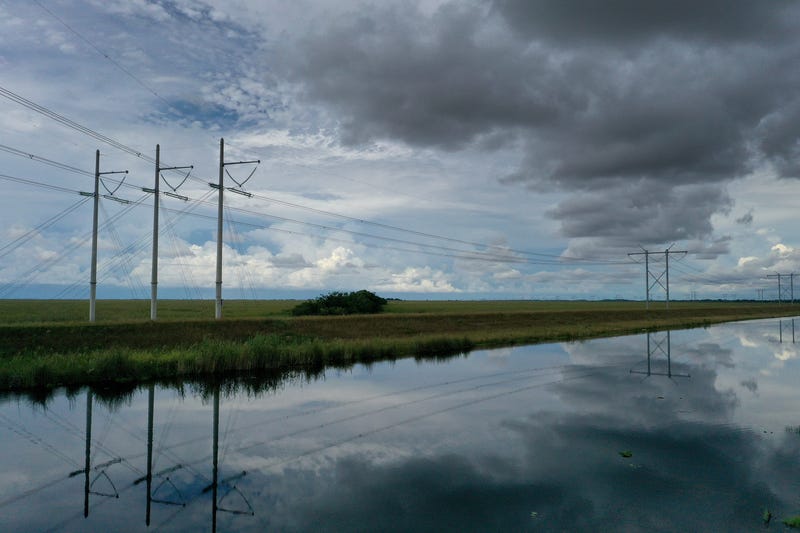
“Electricity costs are still too damn high,” says state Sen.
Ryan Fazio (R-Greenwich), a sentiment agreed to by many in Connecticut.
There’s much less agreement on what to do about it.
Democrats unveiled their “Ratepayers First Act” last week, seeking to find ways to cut consumer electric costs.
Republicans say they’re being more specific by updating their “Six Point Plan” to tackle the problem, which they blame on Democrats.
“The only thing that these high bills have not been blamed on are the people in charge of this state,” says Fazio. “State policies, in fact, deserve blame for the high rates of electricity that every single constituent of ours has to pay every single month.”
Much of Republicans’ focus at a Wednesday morning press conference was on the “public benefits charge” segment of residents’ electric bills.
They want to remove the charge (averaging about $400 per year per household) from individuals’ bills and pay it off in the state budget.
“(The public benefits charge) is unfair. That’s regressive,” says Fazio, who claims that 40 different government programs are part of the charge. “That’s hurting our economy and it’s hurting regular families, and it needs to be cut.”
In turn, Democrats place blame for the expense of the public benefits charge on Republicans, saying it was they who were behind an expensive 2017 deal with the Millstone Nuclear Power Station that’s still making its way into monthly bills.
“77 percent of the public benefits charge,” says Sen. Bob Duff (D-Norwalk), “is from the Millstone deal that the Republicans pushed and initiated when we had a tied Senate. So, the big cost is something that they asked for.”
Duff says other segments of the charge that Republicans have complained about--including make-good payments for individuals and businesses who didn’t pay their bills--don’t add up to much.
In their Six Point Plan, Republicans want to separate the PURA regulatory agency—responsible for regulating energy prices—from the Department of Energy and Environmental Protection. They’re also calling to eliminate electric vehicle incentives, saying EV’s put more demand on the electric grid. They also want to study ways to increase the state’s natural gas supply.
